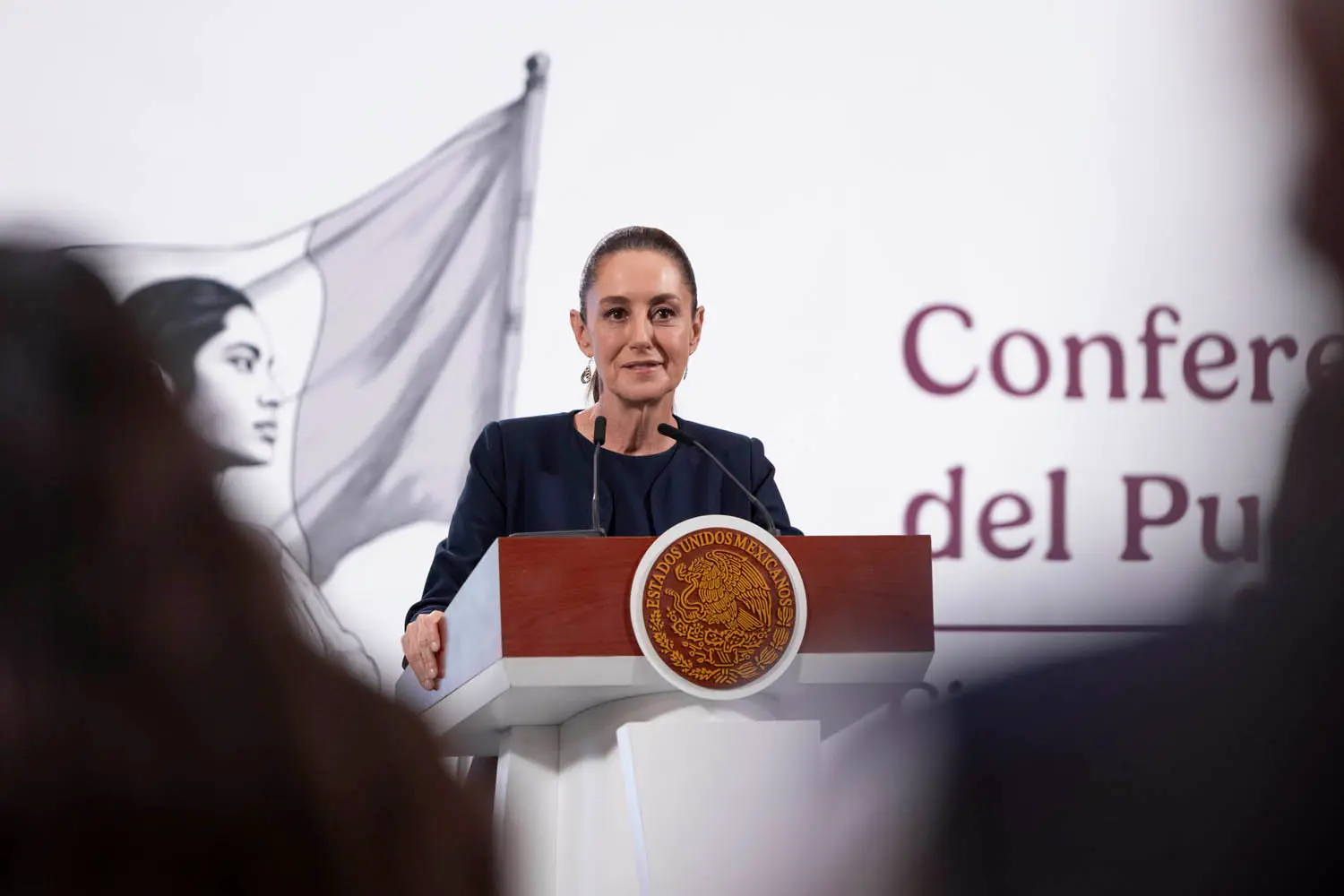
Mexican President Claudia Sheinbaum described as an “injustice” the proposal being pushed by Republican lawmakers in the United States to impose a 5% tax on remittances sent by undocumented workers to their families abroad—particularly to Mexican families.
During her morning press conference, the President emphasized that the measure is not only unjust but also unconstitutional.
“This is an injustice! Apart from being unconstitutional. How is it possible that they want to charge Mexican men and women who send remittances—taxes—when they already pay taxes?” Sheinbaum said.
She made it clear that this unfair measure targets only those who have the least. “They should tax the wealthy, not the poor,”.
Upon learning about the initiative introduced in the U.S. Congress by Republican legislator Jason Smith, the President informed Mexico’s Congress—specifically Morena’s Senate leader, Adán Augusto López—of the situation so that this potential remittance tax could be brought to the Senate floor.
“We made the Senate aware that this was being discussed, and it was their initiative to issue a statement. They asked all political parties if they agreed, and thankfully in this case, all political parties did agree and said: ‘Look, in this case, there are no differences, and we are going to defend our fellow countrymen and all Mexican families who receive support from relatives living in the United States,’” the President explained.
From there, she said, came the initiative to form a group to speak directly with U.S. lawmakers, in addition to the ongoing efforts of Mexico’s Ministry of Foreign Relations (SRE) and the Mexican Ambassador to the United States, Esteban Moctezuma Barragán.
President Sheinbaum noted that the United States “has a problem that isn’t new—it happens often. They don’t have enough resources to cover the federal government’s annual budget and are looking for new sources of revenue. That’s what this is about. And it’s not just remittances; there are other revenue proposals as part of these changes, particularly pushed by Republican lawmakers.”
While she acknowledged that the United States has the right to seek new sources of government revenue, she emphasized that it should not come from taxing people who have already paid taxes, in this case “Mexican workers who send financial support to their families and who, moreover, are often low-income workers.”
She also pointed out that under Mexico’s Constitution, taxes must be levied progressively, those who have more should pay more. That’s why the Ministry of Foreign Affairs, our Embassy, and many immigrant organizations are doing their part, and now the Senate of the Republic is as well.”
Sheinbaum noted that Mexico’s goal is for the proposed measure not to pass. “Let’s hope this doesn’t happen,” she said.
She added, “If necessary, we will mobilize. We will protect Mexican families and the families of Mexicans living abroad, because this is very unjust.”
At the moment, she said, there are ongoing diplomatic conversations and efforts underway. “Our goal is to prevent this from occurring and to present all the necessary arguments—above all, that it is not legal to impose a double tax on someone who has already paid.”
Finally, she reiterated that all necessary steps will be taken and that Mexico will communicate directly with the U.S. Department of the Treasury. The Minister of Finance is already seeking such discussions, in addition to engaging with U.S. lawmakers to make clear how unfair the measure is.